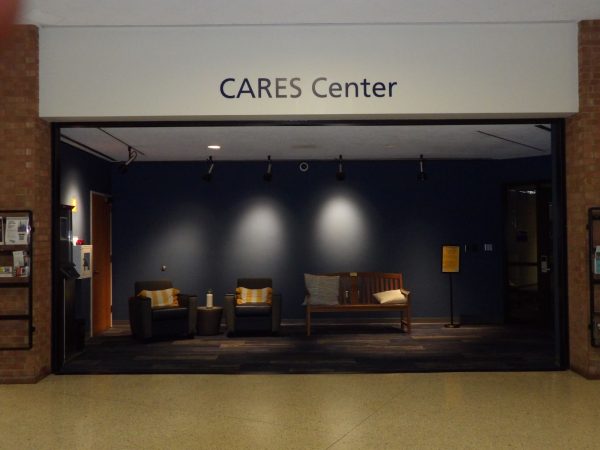Gossip leaves important issues behind
September 4, 2007
Tabloid media have a habit of running after the nearest piece of juicy gossip, not noticing the important issues they cast aside and trample along the way.
If you need an example, look no further than actor Owen Wilson’s reported suicide attempt last week.
Celebrity suicide is a dream come true for Hollywood gossipmongers, and when the news breaks, they proceed almost as if they had practiced the moment in their sleep.
Is his famous ex-girlfriend to blame? Are rumors of his drug use true? What does his family think?
Such questions are irrelevant to the public, and the answers are the business of Wilson and his family alone. The important question, the one we find ourselves asking, is this: Why would a seemingly popular, successful and happy man do something so drastic?
While we cannot claim to know his individual motives, we know he is not alone. Suicide attempts are estimated to occur once every minute in this country, making suicide the 11th leading cause of death in the United States, according to the American Foundation for Suicide Prevention.
It is the second leading cause of death among college students.
The gossip-hungry media failed to cover the fact that suicide does not only affect those who are visibly depressed. There are many others who keep their unhappiness private, afraid of how the rest of the world will react, unsure of what help is available.
Society’s inability to handle issues of mental illness with grace prevents such people from seeking out the help they need, forcing a large segment of the population to suffer in silence.
The media, which only cover mental illness when a celebrity or tragedy is involved, are largely to blame for this. They perpetuate the stigma by reinforcing the image that mental illness creates criminals and that people with mental illnesses should be avoided.
The truth is, more Americans suffer from depression than coronary heart disease, cancer and AIDS combined. This means about 15 percent of the population will develop depression at some point in their lives, according to the American Foundation for Suicide Prevention.
Chances are the majority of Kent State students know someone who is dealing with depression and thinks no one understands.
Make an effort to understand – know the warning signs, when it’s time to say something and where to go for help. There are phone hot lines and resources on the Internet and on campus that provide anonymous support for those in need.
Many people fail to realize that mental illnesses are the same as many other diseases – they are treatable and the people who have them aren’t to blame. Look at it this way: If a friend endured months of self-treatment for diabetes because he thought no one understood and he was better off alone, you would help him. You would recognize that he didn’t have to suffer alone and that there were ways for him to feel better.
If everyone took this approach to mental illness, perhaps the statistics would change, and the media would be forced to cover the issue appropriately instead of behaving like scavengers.
The above editorial is the consensus opinion of the Daily Kent Stater editorial board.























